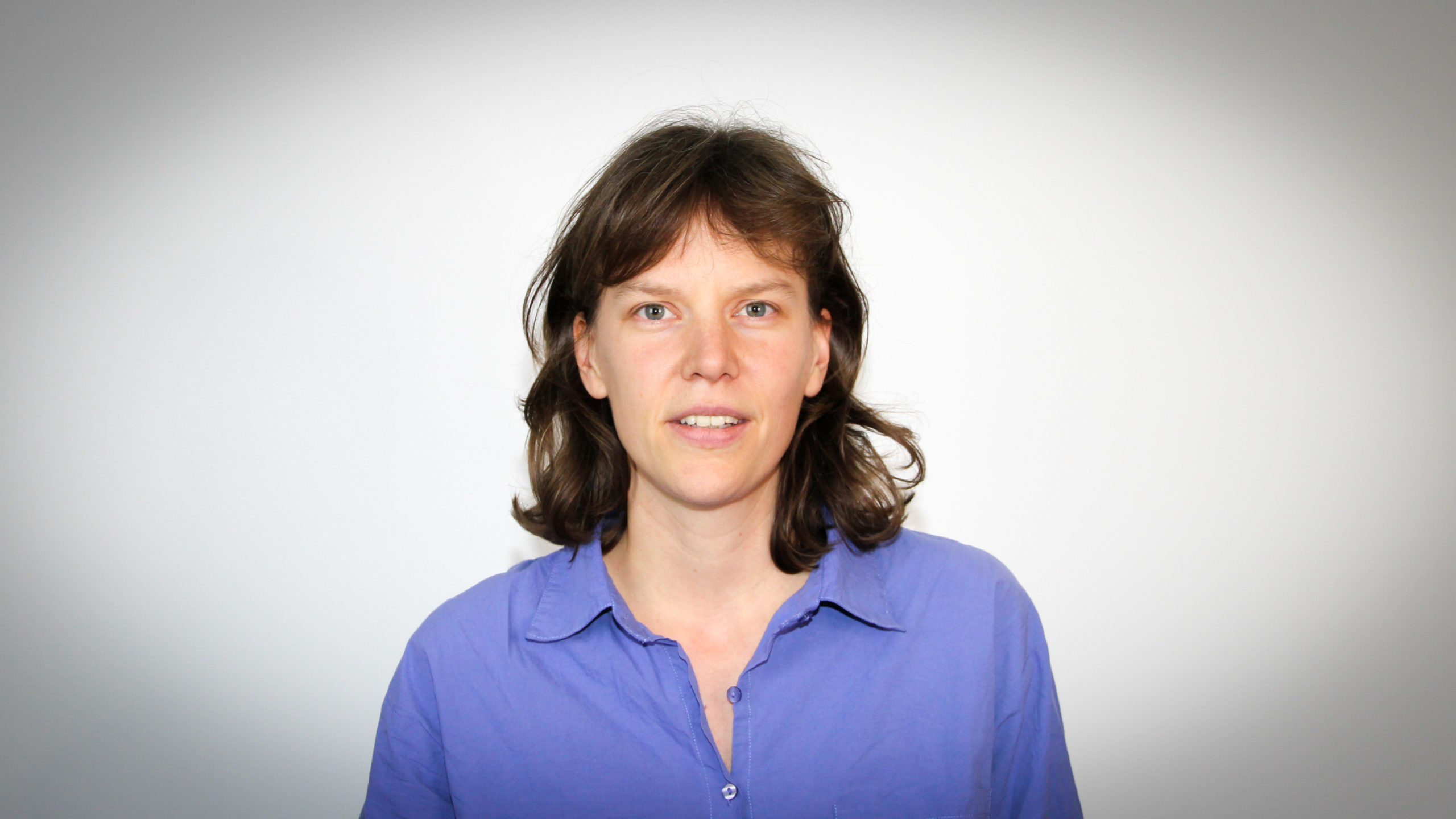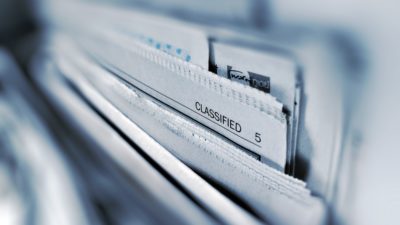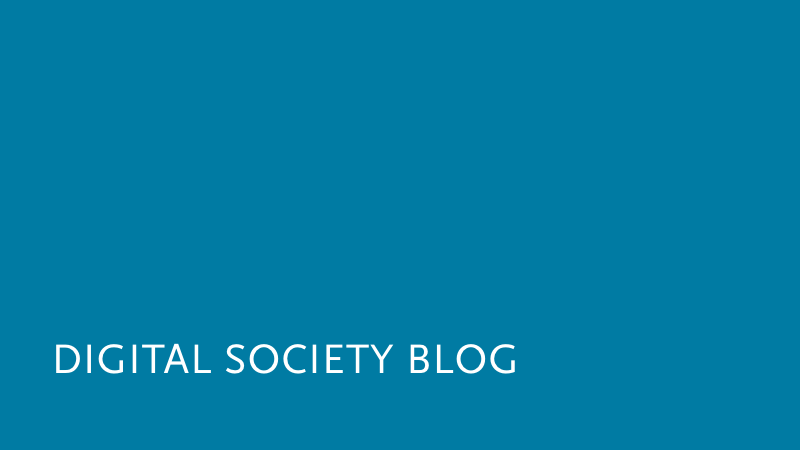
Research issue in focus
Open higher education
The idea of open (higher) education is driven by the aspiration to share knowledge across diverse communities and broaden access to education for everyone, regardless of background, digital skills, finances or location. The field of educational technology (EdTech) builds on the belief that open educational resources should be public assets. They should be open source, readily accessible and not solely driven by the pursuit of profit. Educational technology tools like digital spaces, open-source knowledge bases and repositories have the potential to democratise access within the higher education sector. Universities, publishers and libraries are pivotal in managing access to knowledge and open education resources. In our research on open education, we study these key actors and their practices and explore a more equitable future for educational technology amidst evolving trends and solutions.
In an ideal world, education acts as a bridge builder and great equaliser to bring diverse groups of people together to collectively work to further knowledge. Educational technology and open education have the potential to contribute to this goal by empowering people with open access to educational resources at any time, anywhere.
Access to educational technologies
Although there may potentially be countless educational tools and solutions at our fingertips, not everyone has equal access to them due to a number of reasons. Not all students possess the necessary technical resources like computers or tablets, nor can they afford the costs of edtech tools. Similarly, teachers vary in their digital literacy, technical expertise, and pedagogical skills for digital instruction. Furthermore, institutions differ in the resources they can allocate to support online teaching and open education infrastructure, including funding and IT services.
Thus, while emerging educational technologies supposedly aim to diminish inequalities, they can inadvertently exacerbate disparities between those with access and those without.
Open higher education
At the HIIG, we believe that educational technology and open education go hand-in-hand. Despite the challenges of open access technology, it holds the power to connect people. Our primary focus is on open education, specifically within the realm of higher education institutions and the scientific system. We aim to empower institutions and individuals with the tools and knowledge they need to harness the full potential of open education resources and practices.
Our open educational research is dedicated to exploring how we can increase opportunities for everyone to benefit from open educational resources and technology, regardless of their background. This includes examining current trends in educational technology, uncovering inequalities within scientific practices, and investigating the experiences of educators, students, and other education professionals. We also study various educational technology tools and online formats, emphasising open source methods for knowledge dissemination.
We are currently exploring how higher education institutions can use educational technology for enhanced knowledge sharing. We are also continuously developing open educational resources and field guides for practitioners.
In addition, we believe collaborative efforts are essential to address Open Education challenges. That is why through the Scholar-led Plus research project, we're investigating sustainable publishing infrastructures for open access journals. Many of our initiatives see us partnering closely with key practitioners, industry experts, and other stakeholders to devise and implement best practices and solutions for Open Education.
Digital & Discipline-free
Digitisation and education
What opportunities does digital open education offer us in the future? Our associate researcher Dr. Benedikt Fecher explores this complex question.
Open Educational Resource
Making Sense of the Future
How can we understand our digital future? Learn more about our toolkit "Making sense of the Future", which approaches digital learning in a fun way.
Digital Salon
Chatbot potentia est!
Why should we perhaps take ChatGPT with a grain of salt and how can we deal with trained bias and false data in the future? We discuss in this edition of the Digital Salon.
Open access futures: time to push for scholar-led publishing
What is the cost of quality in open access (OA) publishing? And who should profit from open access? At this point in the OA-transformation, the position of scholar-led journals is…
Academic impact outside of academia
What actually is academic impact? And how can one optimise the non-academic impact of research? Those were the key questions at the first “Impact School”, which was held at the…
Is Open Science a tautology?
In our blog series on metaphors of the digital society, we uncover the vocabularies that are thrown around almost haphazardly these days. These terms are often deployed in the scholarly and…
What kind of open access future do we want?
Open access debates are increasingly focused on “how” rather than “why”. Tony Ross-Hellauer and Benedikt Fecher present two possible scenarios for an open access future, consider the relative merits and…
The blog journal elephantinthelab.org spots problems in science
You have probably heard the phrase “ the elephant in the room” to say that there is a problem that everyone knows, but no one talks about. As of July…
The platform as pizza: towards a taxonomy of platforms
The ‘platform’ metaphor is at once inevitable and misleading. What’s more, we no longer regard it a metaphor. Following Tarleton Gillespie’s proposal to complement the discourse with other images, José…








